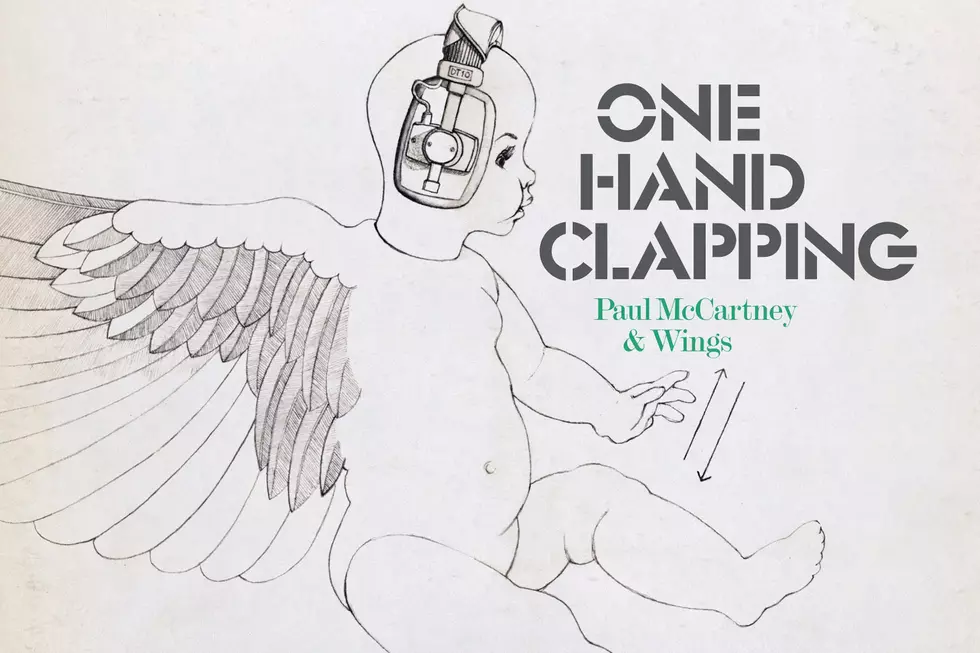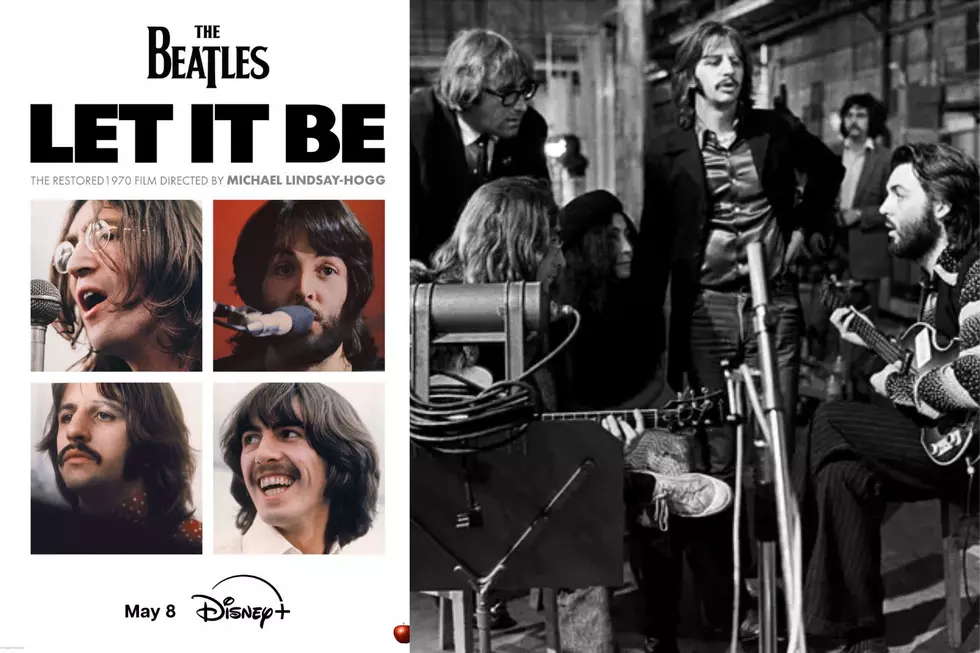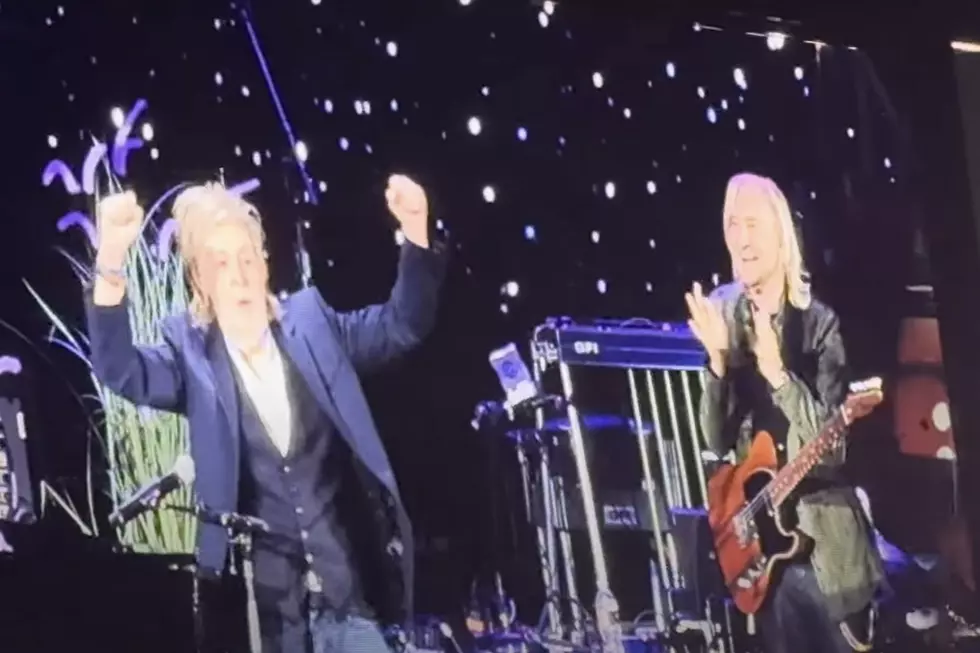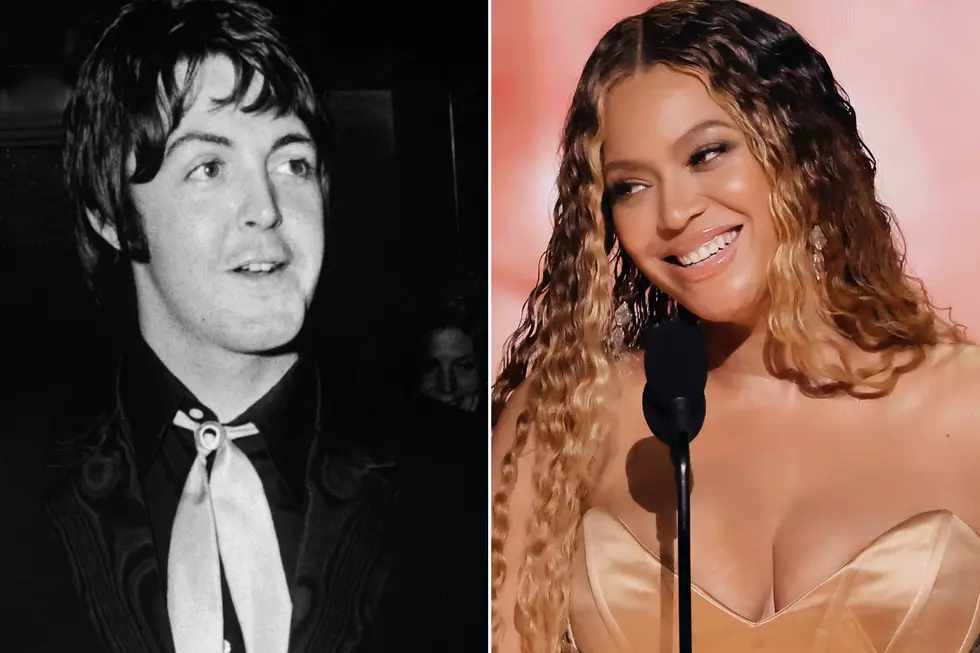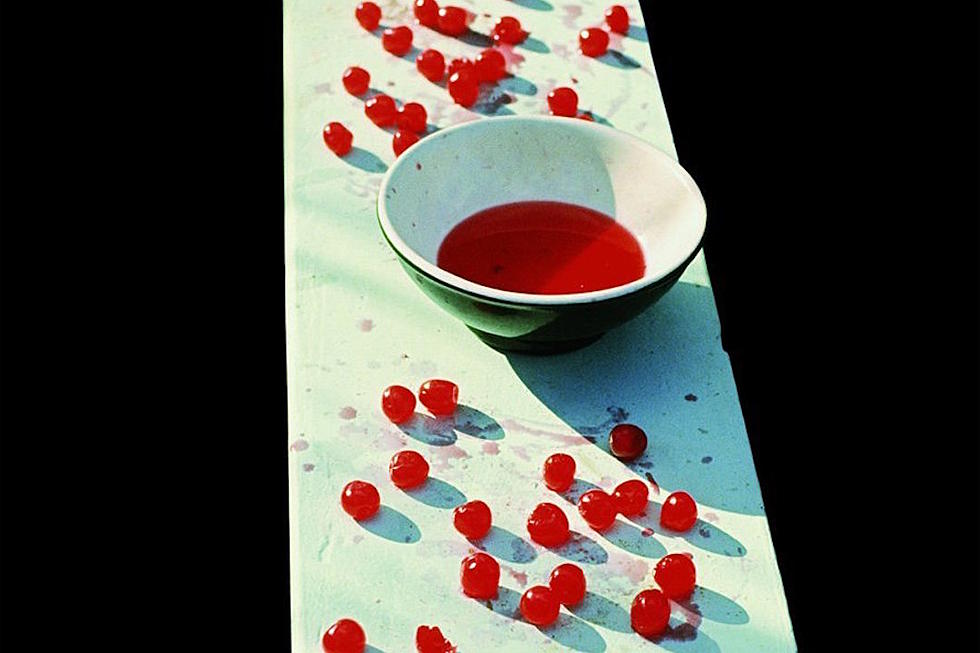
How Paul McCartney’s First Solo Album Put an End to the Beatles
George Harrison and John Lennon got there first, releasing albums under their own names in 1968. Even Ringo Starr had put out a solo LP a few weeks earlier. But the Beatles effectively came to an end when Paul McCartney issued his debut solo album, simply titled McCartney, on April 17, 1970.
For one thing, McCartney's album wasn't nearly as difficult as Harrison's Wonderwall Music and Electronic Sound, instrumental works that sound little like the Beatles, or Lennon's two Unfinished Music LPs and Wedding Album, which sound nothing like the Beatles. And Starr's Sentimental Journey was an all-covers album of songs from the '20s, '30s and '40s.
Even though McCartney made his record all by himself, playing all of the instruments and providing most of the vocals, it still sounds somewhat like a Beatles album, despite the experimental detours it takes from time to time.
For another, along with McCartney came an official statement by him announcing that he was "break[ing] with the Beatles." Lennon had pretty much told his bandmates the same thing the previous September, but McCartney made his news public (even if it wasn't quite a definitive declaration of the group's end). And with the release of the group's final album, Let It Be, still a few weeks away, and McCartney's refusal to push back the release of his own album, it was basically all over but the messy paperwork.
Listen to Paul McCartney's 'Every Night'
Some of the songs even dated back to other turbulent Beatles periods, like when they were falling apart making the White Album and during the sessions that would turn into Let It Be. "Junk" and "Teddy Boy," for example, were written during the group's trip to India in February 1968 (sketchy versions from 1968 and 1969, respectively, appear on Anthology 3); "Every Night" was first attempted by the band in January 1969.
Most of the songs, however, were written by McCartney as the Beatles revved up to their breakup. The quickie throwaway album opener "The Lovely Linda," about his wife, was penned the year before in Scotland; "That Would Be Something" was written during the same period. And the record's best and most fully realized song, "Maybe I'm Amazed," was composed as a tribute to Linda after she helped him sort through his conflicting feelings regarding the band's impending dissolution.
McCartney's DIY approach didn't bother to conceal the occasional skeletal fragments that were disguised as songs. Compared to some of the material Harrison and Lennon had put on their earlier records, these cuts sound downright extravagant. But the truth is, there's plenty of tentative steps and half-formed concepts among the album's 13 tracks.
Not that McCartney, who produced the record, cared much. The album was a determined stand against the Beatles' final days. After Lennon pulled out of the group in September 1969, McCartney retreated to his farm in Scotland with his family and began assembling a work that would define him as a solo artist – hence the LP's title and one-man-band lineup, and the occasional unfinished and unstructured songs that appear on it.
Listen to Paul McCartney's 'Maybe I'm Amazed' Video
During the making of the album, which was mostly recorded in London from December through February, he took a couple breaks to finish some work on Let It Be with Harrison and Starr. (Lennon did not participate in the final recordings for the album in January 1970.) When he returned to his project, it was clear to everyone that the Beatles were over.
On April 9, McCartney issued a press release that included both the announcement of his solo debut and his leaving the Beatles. A little more than a week later, McCartney was released. (U.S. fans got the record three days after it hit U.K. stores.)
Let It Be – pieced together by producer Phil Spector, who sorted through hours of scattered session tapes – came out about a month after that. McCartney's first album stayed at No. 1 for three weeks; the Beatles' final album stayed there for four. By the end of the year, all three of McCartney's bandmates would release proper solo albums. The dream was over.
The Top 100 Rock Albums of the '70s
More From Ultimate Classic Rock
